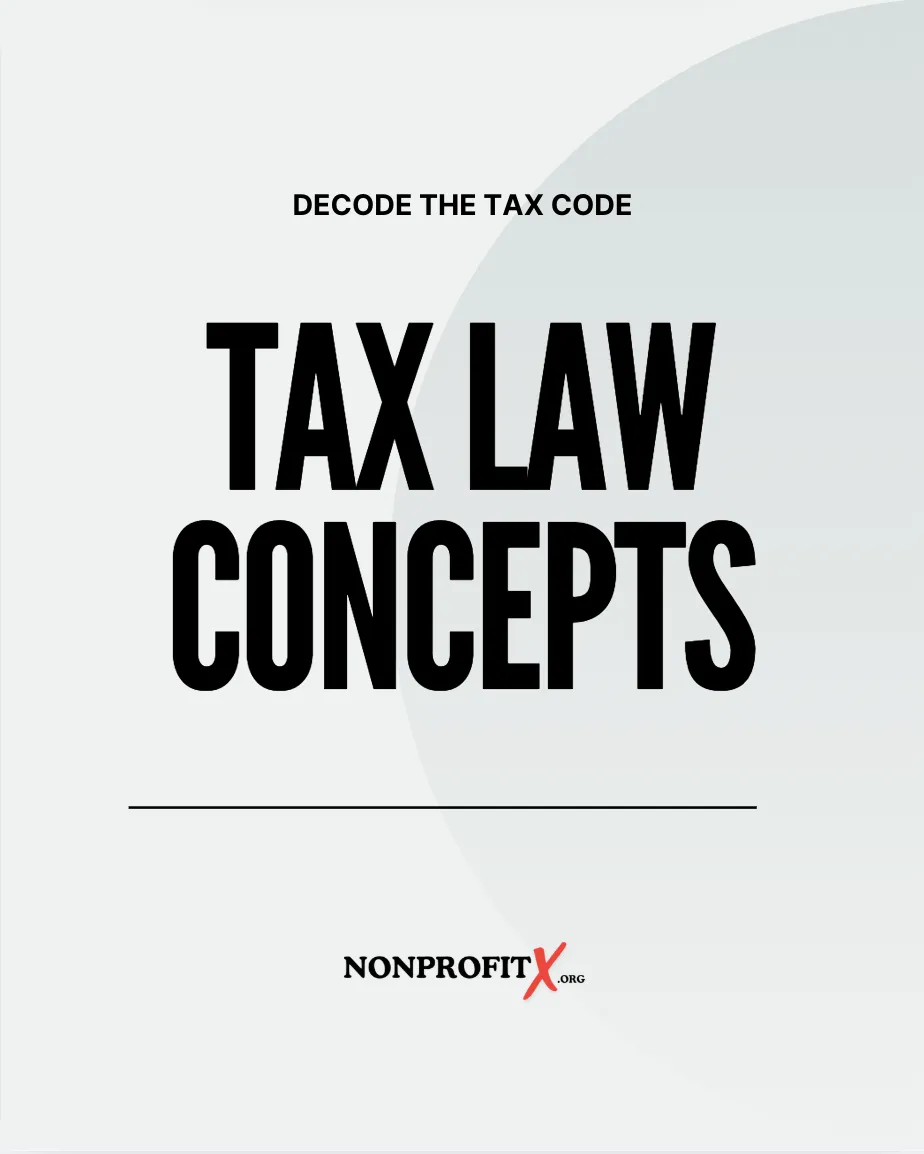
⚠️ The Trust Trap: Why Probate Still Happens Even With a Trust
⚠️ The Trust Trap: Why Probate Still Happens Even With a Trust
Based on real responses from 150+ estate planning and probate professionals
👋 Hi, Sidhartha here.
I’m a philosopher, truth seeker, lawyer, and AI innovator.
Over the last 25 years, I’ve made bad decisions in almost every category: business, tax, estate planning, nonprofits, and real estate. I’ve seen clients go from testimonial pages to courtrooms and federal watchlists.
I’ve studied law in three countries, worked with 10,000+ people, and helped restructure over $5 billion in assets. Now, I’m on a mission — powered by AI — to help people see the truth behind the marketing.
🎯 The Goal:
To debunk myths and show what actually happens — according to case law, IRS code, and real-world professionals who’ve seen the damage play out in court.
🤯 The Myth: “If I Have a Trust, I Avoid Probate”
Many clients believe that creating a trust automatically avoids probate — but that’s only partially true.
In fact, we asked estate professionals why cases still end up in probate.
Here’s what they told us:
📊 Survey Results: Why Cases End Up in Probate Even With a Trust
From over 150 estate planning professionals:
34% – Clients didn’t want to pay for a trust or understand its value
20% – Unfunded trusts (no assets ever titled into the trust)
15% – Family didn’t understand estate planning before death
9% – Thought a will alone avoids probate
9% – Defective or DIY estate plans
3% – Trust-based plans deemed “unaffordable”
Others: Outdated documents, incorrect TODs, deceased beneficiaries, unchallenged capacity
🔍 What This Means:
Even when clients create trusts, they often fail to:
Transfer real estate into the trust (via deed)
Retitle investment or bank accounts
Update beneficiary designations
Align insurance or business interests
Keep the documents current or valid
The result? Assets stay in their name — and when they die, those assets go through probate. The trust is ignored or bypassed.
⚖️ The Rules Behind This:
IRC §2036: If the grantor retains control over the trust or the asset wasn’t properly transferred, it’s includable in the estate.
UPC §6-101: Non-probate transfers require valid title and execution
State statutes: Most states treat improperly titled assets as probate property, even if a trust exists
FTC enforcement: Promising “avoids probate” without explaining funding is potentially deceptive
📚 Real Case: Estate of Heggstad (California)
In this case, a decedent had a trust but failed to properly transfer real property into it. The court ruled the property did not pass through the trust and went into probate — an example now used in law schools and bar exams.
🧠 BENT Law™ Analysis
B – Business:
Unfunded trusts mean business interests remain exposed. Operating agreements not aligned with the trust lead to frozen operations.
E – Estate:
The trust is legally valid, but functionally useless. Probate court still takes over because assets aren’t titled correctly.
N – Nonprofit:
Charitable giving tools inside the trust never activate if the assets don’t flow through it.
T – Tax:
No benefit under IRC §642(c) or §2055 for charitable deductions; assets become fully taxable and visible to the IRS.
🔬 BENT Asset Risk Lens
B – Behavior:
Set up the trust, but didn’t follow through. Avoided professional funding review or misunderstood the process.
E – Entity:
Assets are still held in individual or joint name — not by the trust.
N – Numbers:
$1M+ estates still face $40K–$80K in probate fees and tax exposure, despite having a trust document.
T – Timing:
Client dies before funding or aligning assets. The plan fails when it matters most.
🧊 Above the Surface
“I set up a trust — I’m good.”
🌊 Below the Surface
The trust was never funded
Assets stayed in your personal name
The court steps in anyway
Family faces the same delays and costs as if there was no plan at all
🧾 Additional Reference Material:
IRC §2036 – Retained Interest
Estate of Heggstad, 16 Cal. App. 4th 943 (1993)
CA Probate Code §850 (Heggstad Petitions)
✅ Suggested Next Step: Get an Estate & Tax Structure Check
You may have a trust. But is it working?
We go beyond checking the document. We check the truth — with real law, not assumptions.
🎯 Comprehensive Estate & Tax Assessment – $1,000
Includes:
✅ Detailed trust funding review
✅ Probate and tax exposure analysis
✅ Title + entity coordination check
✅ Custom report with codes, risks, and action plan
✅ Referrals to licensed professionals or direct support if needed
🧠 Don't leave your family a trust that doesn’t work when it matters most.
👉 Purchase page coming soon
